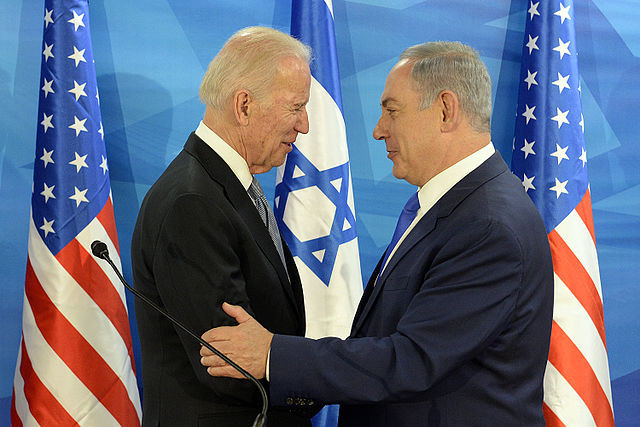Amidst a turbulent period in Israeli-Palestinian relations, U.S. President Joe Biden and Israeli Prime Minister Benjamin Netanyahu held a significant phone conversation on Thursday. This discussion, centered around the progress towards a potential ceasefire and hostage deal with Hamas, marks a pivotal moment in the ongoing conflict.
A senior U.S. administration official, who spoke on the condition of anonymity, revealed that Hamas has shown signs of moving closer to accepting a multi-phase ceasefire agreement with Israel. This deal, if realized, aims to secure the release of hostages, halt ongoing violence, and initiate the reconstruction of the Gaza Strip. The official cautioned that while progress has been made, the finalization of the deal may still take some time, with outstanding issues primarily revolving around its implementation.
The backdrop to these negotiations has been months of stalled talks, particularly concerning the release of hostages taken during the Hamas attack on October 7, 2023, and establishing a lasting ceasefire. The Biden administration has played a crucial role, urging regional brokers Egypt and Qatar to exert pressure on Hamas and secure necessary commitments for the deal. Biden has also pushed the Israeli government to advance the negotiations, highlighting that Hamas now poses a reduced threat to Israel's security.
Central to the diplomatic deadlock has been the conflicting demands: Hamas insists on Israel's complete and immediate military withdrawal from the Gaza Strip, while Israel seeks a deal that allows for the resumption of military operations against Hamas if necessary. Despite these challenges, the White House recently indicated that both sides are closer than ever to reaching a ceasefire agreement that could end hostilities in Gaza and facilitate the release of the remaining hostages.
Vice President Kamala Harris joined Biden in the call with Netanyahu, underscoring the high-level engagement from the U.S. administration. The call lasted 30 minutes, focusing on the details of the hostage and ceasefire deal. The conversation took place just before Biden's participation in the NATO summit in Washington, where he is expected to discuss the deal with other world leaders.
An Israeli source familiar with the negotiations told CNN that Hamas had recently provided a response to Qatari and Egyptian mediators, which Israeli officials believe will enable detailed negotiations to proceed. While the deal is not yet finalized, the source indicated that there is a significant opening for agreement among the involved parties.
Hostage talks are anticipated to commence in Doha, Qatar, as early as Friday, with discussions expected to continue over the next several days. A readout from the White House detailed that Biden and Netanyahu reviewed "ongoing efforts to finalize a ceasefire deal together with the release of hostages," with Biden reaffirming his commitment to Israel's security.
The Biden administration had recently proposed new language to bridge gaps in the discussions, focusing on a phased approach where Israel and Hamas would engage in further negotiations to progress to the next stage of the agreement. A U.S. official described Hamas's response as constructive but noted that additional work remains.
The Israeli official, also speaking anonymously, mentioned that Netanyahu would convene a cabinet meeting to discuss the developments. Biden and Netanyahu last spoke on May 6 and are expected to meet in Washington in the coming weeks during Netanyahu's visit to address Congress. Logistical details for this meeting are still being finalized, with the White House as the likely venue.
This call comes at a critical time for Biden, who faces political challenges at home, including scrutiny over his handling of the Israel-Hamas conflict. This issue remains a significant concern for many within the Democratic Party, particularly younger voters.




